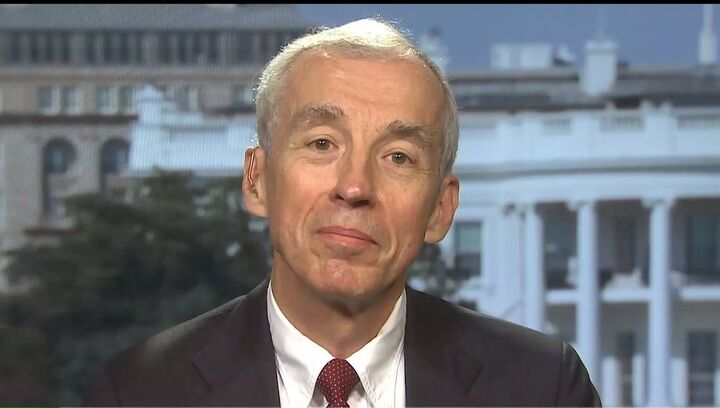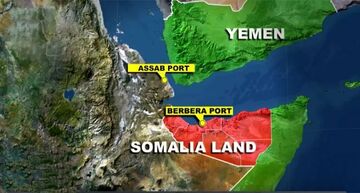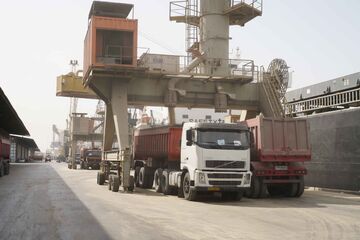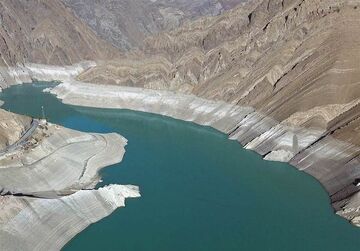TEHRAN (Bazaar) – Professor Paul Pillar, who was CIA intelligence analyst for 28 years, says as far as new world orders are concerned, to the extent that the global system becomes more multipolar than before, that gives regional powers more of an opportunity to play one outside power off against another, to its own benefit.
Pillar told Bazaar news agency that “Certain regional powers will always be important within their own regions because they have some of the most direct means to apply power and influence within those regions, and because the affairs in those regions are more important to those regional powers, simply because they live there, than to outside powers.”
Following is the text of the interview:
Q: The decline of American hegemony has been discussed in Western and American circles for years, and some believe that this decline began in the 1970s. Prominent American theorists such as Robert Owen Keohane, Joseph Nye and Stephen Walt have talked about this. In your opinion, what are the reasons for the decline of Hegemon?
A: It is mostly just a natural coming down from the unusually influential position the United States reached at the end of World War II (a coming down that statisticians might call a "regression toward the mean"). The preeminent US position acquired then was a reflection of the leading role the US had played in that war and of most other major powers being either defeated or exhausted. Then throughout the Cold War years there was a bipolar system with the USSR as the other pole. When the USSR collapsed under its own contradictions, it was the "unipolar moment" of US hegemony. But it never was going to be more than a moment. It never was a natural state of affairs for any one state to have global dominance.
Q: The rise of China has brought the issue of the decline of American hegemony into a new phase in recent years. What do you think the US will do to contain China in the coming years?
A: There have been two main schools of thought about what should be the US approach to a rising China. One held that full integration of China into the international political and economic system, and nurturing of many cross-national ties, would be the best way to restrain China and hopefully have a moderating effect on its policies. That school has lost favor in recent years, especially in the face of the hardline policies of Xi Jinping. The other approach, which has gained greater favor and which the Biden administration appears to be following, is to use measures such as export controls to impede or at least slow the further economic growth and technological advancement of China.
Q: Some people argue that China's rise has left no other way for America but confrontation, and naturally the two countries will face bigger challenges. Do you agree with this argument?
A: There almost certainly will continue to be a mixture of competitive and cooperative aspects of the relationship, with the mix varying from year to year. Sometimes competition will become confrontation, but it does not have to be dangerous military confrontation. The Cold War between the US and USSR exhibited such a mixture, in which cooperative elements included arms control.
Q: In the recent meeting between Biden and Xi Jinping in Bali, Indonesia, on the sidelines of the Group of 20 summit, the two sides emphasized cooperation while competing and depended the future of the world on the cooperation of these two countries. What is the importance of this meeting and what direction will it take to manage the challenges between the two countries?
A: There does not seem to be much of anything significant that came out of this meeting, beyond an exchange of views. For the relationship to stay stable, with the necessary cooperation to address global challenges such as climate change, there will need to be compartmentation of issues, in which the competitive aspects are not allowed to get in the way of the cooperative ones. Much of the cooperation will have to be quiet and behind the scenes, and will not necessarily make news at summit meetings.
Q: It is argued that in the new world order, regional powers like Iran are of special importance. Do you agree with this argument? If you agree, what is the reason for the importance of regional powers in this order?
A: Certain regional powers will always be important within their own regions because they have some of the most direct means to apply power and influence within those regions, and because the affairs in those regions are more important to those regional powers, simply because they live there, than to outside powers. And as far as new world orders are concerned, to the extent that the global system becomes more multipolar than before, that gives regional powers more of an opportunity to play one outside power off against another, to its own benefit.
















نظر شما